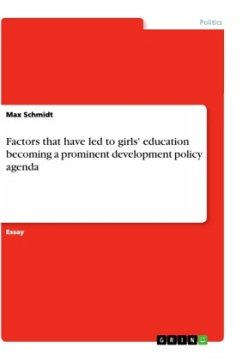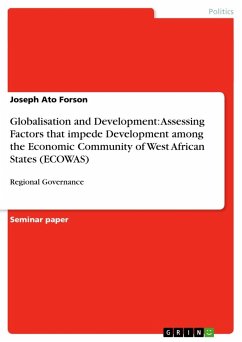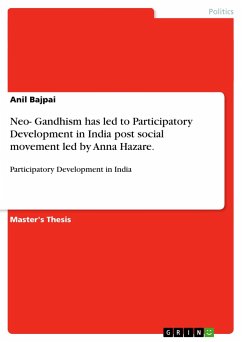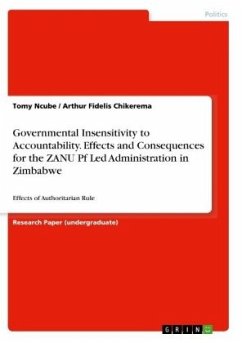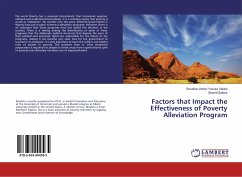Essay from the year 2020 in the subject Politics - International Politics - Topic: Development Politics, grade: 1.5, School of Oriental and African Studies, University of London (Development Studies), course: Battlefields of Methods, language: English, abstract: This essay sets out to trace the factors of why and how girls' education became such a prominent development policy agenda. For this purpose, several development organisations and the methodologies of well-known reports will be scrutinised from both quantitative and qualitative angles, including diverse understandings and common themes. Ultimately, a brief outlook will be given. In most parts of the Western world and beyond, almost no other topic of the development policy agenda can be considered as uncontested as the promotion of girls' education (GE). Going hand in hand with liberal human values and as a means of justification for other developmental interventions, promoting GE is frequently perceived as one of only a few 'truly global' notions and indicators of progress. Chosen by the anti-extreme poverty ONE Campaign as the first two of their "10 quotes that tell us the importance of investing in girls' education", the quotes above highlight common themes associated with the empowerment of girls and women via the means of education: reasonable investment, societal progress and security. Hardly contestable if not deconstructed, these quotes simultaneously represent entry points for more critical discussions of the anything but uniform notion of GE by raising, among others, the questions of: Which forms of stability? Strong, free and educated in which regards? Can there be a single 'real development'? Can human beings be '(best) investments' at all?
Hinweis: Dieser Artikel kann nur an eine deutsche Lieferadresse ausgeliefert werden.
Hinweis: Dieser Artikel kann nur an eine deutsche Lieferadresse ausgeliefert werden.

